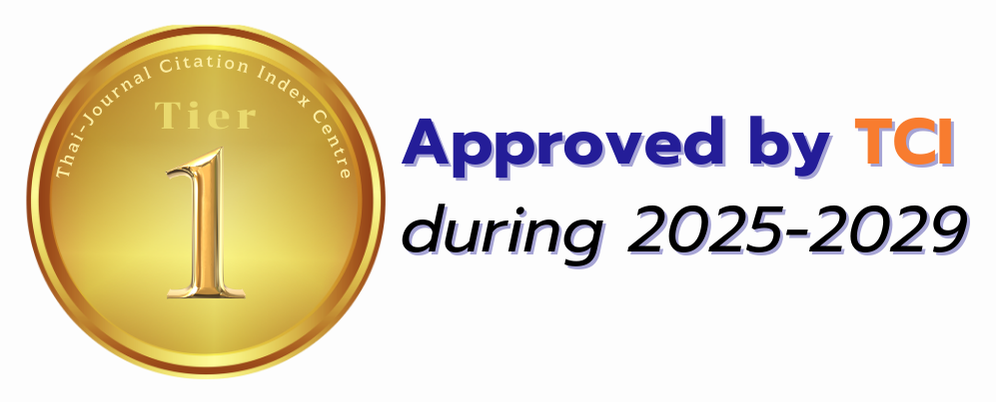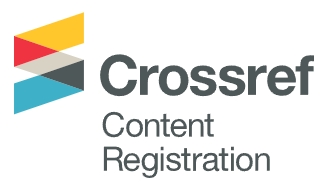
Publication Ethics
Thai Forest Ecological Research Journal (TFERJ) insists on the highest possible of ethical standards on publication. TFERJ follows closely a set of guidelines and recommendations published by Committee on Publication Ethics (COPE) (https://publicationethics.org/). All parties involved in the publishing process including editors, reviewers, authors and others are required to be familiar with them and especially to adhere to the publication ethics as described below.
Authors Responsibilities:
- Regarding the submission, authors must ensure that their submitted manuscript has not be previous published or simultaneously submitted for publication elsewhere.
- Authors should present the results accurately, clearly and honestly without fabrication, inappropriate data manipulation.
- Authors should ensure their actual involvement in the work and sufficient contribution to the scientific results and findings that could be corroborated or verified by others.
- Authors are expected to participate in the peer-review process and respond to the requirements of the Reviewers and Editors for the corrections and improvement of the manuscript to the best of their ability.
- Additionally, in research where human or animal participants or use of biological materials are involved, authors are required to provide information about ethical aspects of the research.
Reviewers Responsibilities:
- The peer reviewers are expected to assist the editor and the editorial board in evaluating manuscripts based on content without any discrimination.
- Reviewers should prompt provide their feedback to the editors of TFERJ on the works of manuscript in an accurate and clear manner.
- The reviewers should declare or notify the Editor-in-Chief and withdraw from the review process if they do not have the required subject expertise to carry out the review.
- The reviewers must report possible plagiarism to the Editor-in-Chief if authors misplace and/or fail to indicate related publications, including their own.
- Additionally, the reviewers should ensure that impersonation of another individual during the review process is considered crucial malpractice.
Editors Responsibilities:
- Editor’s decision to accept or reject a paper for publication should base on paper’s importance, originality and clarity, the study’s validity, and relevance to journal’s scope, regardless of the author’s identity.
- Editors should evaluate each manuscript based on its academic merit without discrimination based on race, gender, sexual orientation, or religious belief.
- Editors and editorial staff should maintain the confidentiality of material submitted or submitted manuscripts by the authors and not disclose information, except as required for the review process.
- Submissions made to a journal by the Editors will be handled by an alternative Editors to ensure the process remains fair and unbiased.
- Editors should declare any conflicts of interest and refrain from handling manuscripts that may involve a conflict.
- Editors are responsible for ensuring the quality of published material, maintaining the integrity of the academic record, and promptly addressing issues of plagiarism, fraudulent data, or unethical research practices.
- Editors should promote transparency in the review and publication process, ensuring that appropriate corrections, retractions, and apologies are issued when necessary.
- Editors should make decisions free from commercial interests and influence, maintaining the journal's editorial independence.

.png)





